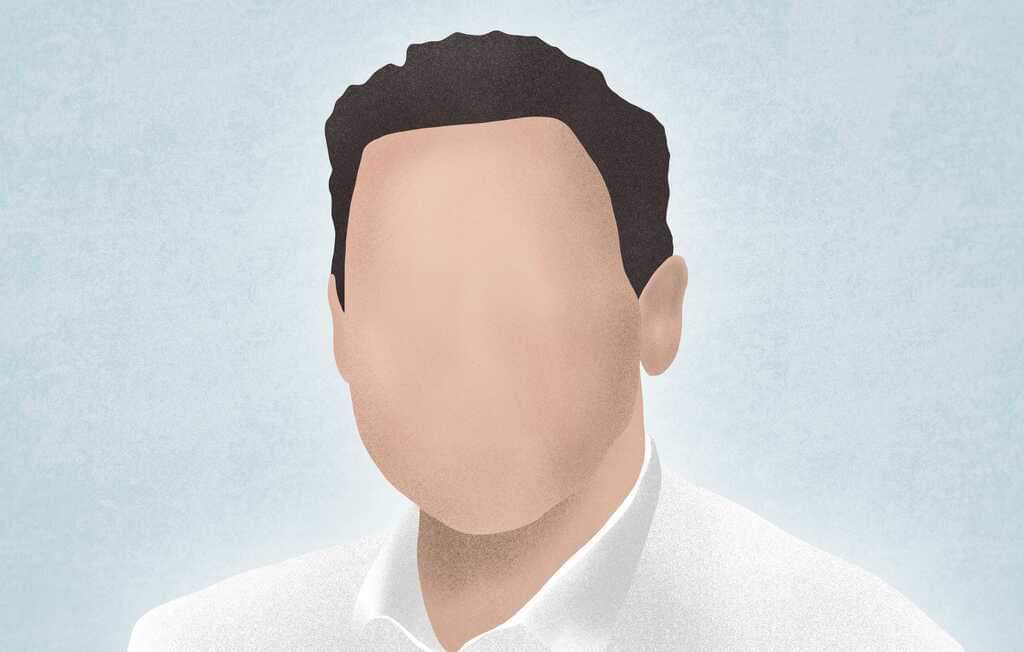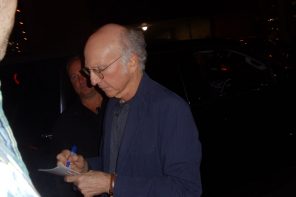I was hanging with one of my closest friends when the CBC news notification popped up on my phone announcing that comedian Norm Macdonald had died of cancer, after a nine year battle that he never once disclosed to the public. This was the same friend—let’s call him Jay—who, in first year, ran to our mutual friend’s rescue—let’s call him Dee—after a night out because Dee had a freaky reaction to some weed (flailing, screaming, collapsing). After the ambulance call and our own jittery panic, we tried to take our buzz a few notches down with an episode of Mike Tyson Mysteries, an Adult Swim show in which Norm Macdonald voiced a chain-smoking, day-drinking pigeon who was horny, sexist, and probably racist. The first thing we saw after the title card was a big splatter of blood on the kitchen floor, two members of the Mystery Team tied up like hostages, Pigeon seemingly dead in the oven, and Mike Tyson bawling.
Norm Macdonald would never beat a dead horse so much as lead you via carriage to a glue factory.
Of course we had to laugh. It was morbid, abrupt, and plain unbelievable; the timing was so good, the situation so awful. The friend who ended his night on a stretcher was fine—he was discharged in the early morning and came back with breakfast from A&W. But that unrelentingly dark moment when Jay and I laughed out of equal discomfort and disbelief seems in hindsight like something Macdonald himself would have written, a punchline that only works because it hits you right when you think the horrific part is over. Norm Macdonald would never beat a dead horse so much as lead you via carriage to a glue factory.
Be it in his stand-up or his talk shows, Macdonald’s jokes were smooth disasters, moving from an offhand comment or a follow-up question into another dark realm entirely. He always looked like he was up to something, always ready for the next chance to derail an interview into unnecessary detail, or take one minor thread of a joke and somehow weave the next ten minutes of a special out of it. He was a master of telling shaggy dog stories, with narrative arcs that were built around your growing frustration with the stories. One of his most famous bits starts, “A moth goes into a podiatrist’s office,” and ends up being a parody of the classic Russian literature that Norm himself loved: harsh winters, broken families, confusing names and all. “And this is the hardest pill to swallow, doc. My other boy, Gregaro… Ivanalydidyvich. I no longer love him.”
Parody is about mimicry, an exaggeration of a type of person or situation that invites you in. You share the parodist’s camouflage.
Parody, to Norm, was “very major comedy,” and another Russian author, Vladimir Nabokov, its king. Norm despised satire—parody sharpened to the point of social scrutiny and didacticism—and looking back at his comedy, or even the moth joke, you can tease out what the difference was for Norm between the two. Parody is about mimicry, an exaggeration of a type of person or situation that invites you in. You share the parodist’s camouflage. Satire invariably shuts someone out, points fingers, preaches in one way or another. In “Good Writers and Good Readers,” Nabokov says that a major writer is a storyteller, a teacher, and an enchanter, “but it is the enchanter in him that predominates and makes him a major writer.”
A major comedian ought to get big laughs, sure, but I suspect that even for those that don’t jibe with Macdonald’s sense of humor, there is at least a sense of that enchantment, that understated, knowing playfulness that can barely contain itself behind Macdonald’s grin, that tricky glint in his eyes as his jokes lead you astray, out of the podiatrist’s office and into a moth’s bleak family history. Like Nabokov, Macdonald had his share of controversies—though nowhere near as dire—with a public that accused him at times of insensitive, immoral material, when, if anything, he has always been an amoral and impersonal comedian. Just as Nabokov had little to do with Humbert Humbert, Macdonald had little to do with the impish old man telling Nick Swardson that he “walked through blood and bones in the streets of Manhattan, trying to find my brother” on 9/11. “He was in Northern Canada.”
If Comedy is an inherently vulgar art, where else would the best jokes come from, if not the rank, impermissible, and dumb thoughts festering in the back of our heads daily?
It’s black, black humour, made even more unsettling by Macdonald suddenly throwing the light switch at the end of the joke. Your eyes and your brain can’t readjust that quickly, and Macdonald mastered this mental bait-and-switch behind a droll uncle-at-the-dinner-table voice .Macdonald stayed a favourite not because he was some bigot tucking his ugly convictions away, but because he knew that “the last character you want to be is a guy who’s smarter than the audience.” If he did play dumb, he played dumb just enough that you knew he was doing it, so you’d both be in on it, without breaking the spell. The innocuous delivery, the bathos, the shock and swerve of his jokes; it all makes sense for someone who had “always learned that concealing everything was art.” If comedy is an inherently vulgar art, where else would the best jokes come from, if not the rank, impermissible, and dumb thoughts festering in the back of our heads daily?
Much of his act may have consisted of eagerly offensive digressions from already digressive stories, but the odd time he got anywhere close to serious—only close, mind you—it was almost always some surprisingly profound rumination on the Big Themes: death, God, despair. You wouldn’t expect it, but then again, you should. He admitted once on a radio show that the one obsession he has is with death (or well, “being smothered in dirt”). You’d think that for someone who lightheartedly called himself an old chunk of coal (after a Billy Joe Shaver song), he would’ve been a bit more nonplussed about dying, but it’s hard to tell what he ever really thought about mortality, how it weighs every second. So maybe it also makes sense that a comedian who was so deft at toggling between light and heavy material, and almost never brought up his own emotional baggage with a straight face, would have kept his own near decade-long battle with cancer concealed.
The day Norm Macdonald died, he came up twice for me in conversation. The second time was when I was having dinner with a comedian friend, who was rolling a cigarette when she told me the saddest part of him dying was how much he said he was afraid of death. Of course we had to laugh.








